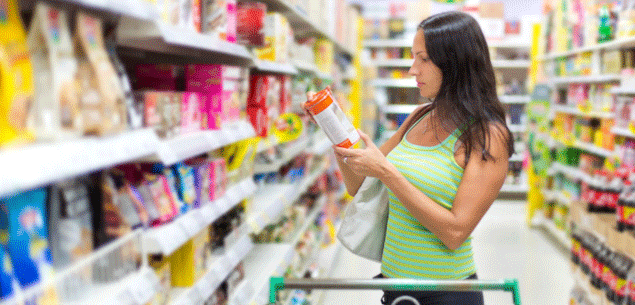Supermarket chain New World has followed its rival Countdown and has announced they will also phase plastic bags out of stores by the end of next year.
The Foodstuffs-owned company recently surveyed 171,200 customers to ask if a charge of 10 cents, 5 cents, or no charge at all should be introduced on plastic bags.
Customers voted overwhelmingly in favour of a 10c charge, but many felt the move would be insufficient and called for New World to completely phase out single use plastic bags.
Foodstuffs’ managing director Steve Anderson said the BagVote survey missed an important question – no bag at all.
“Many of our customers told us via email, Facebook, phone and in-store that they wanted this option,” he said.
“It’s a big task but we are totally committed to change – we always have been.
“New Zealanders have always been able to make a personal choice to ban plastic bags from their lives and use reusable bags or boxes for their groceries, they just need to change the habit of a lifetime.”
Foodstuffs’ North Island chief executive Chris Quin said New World also hopes to minimise other in-store plastic packaging in the next year and a half.
“We don’t think banning single use plastic bags by a certain date is enough.
“Genuinely getting plastic out of the environment needs more action than that.
“What we really have to do is work together with customers to change shopping habits so customers bring a reusable bag into the store,” he said.
New World plan to give away two million life-long reusable bags to customers over summer, and from February 1 a 10c voluntary donation per plastic bag will be introduced, with proceeds going towards environmental causes.

